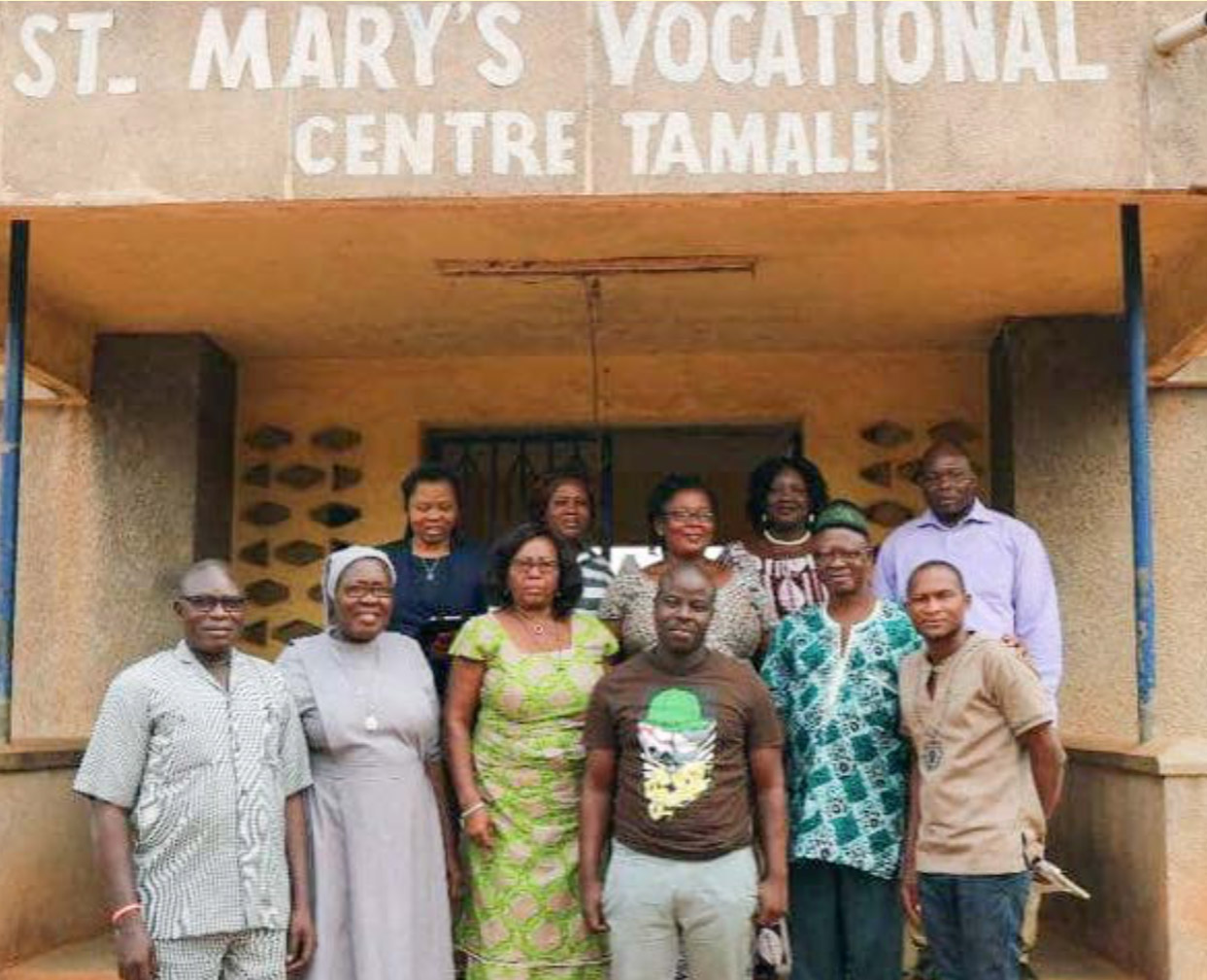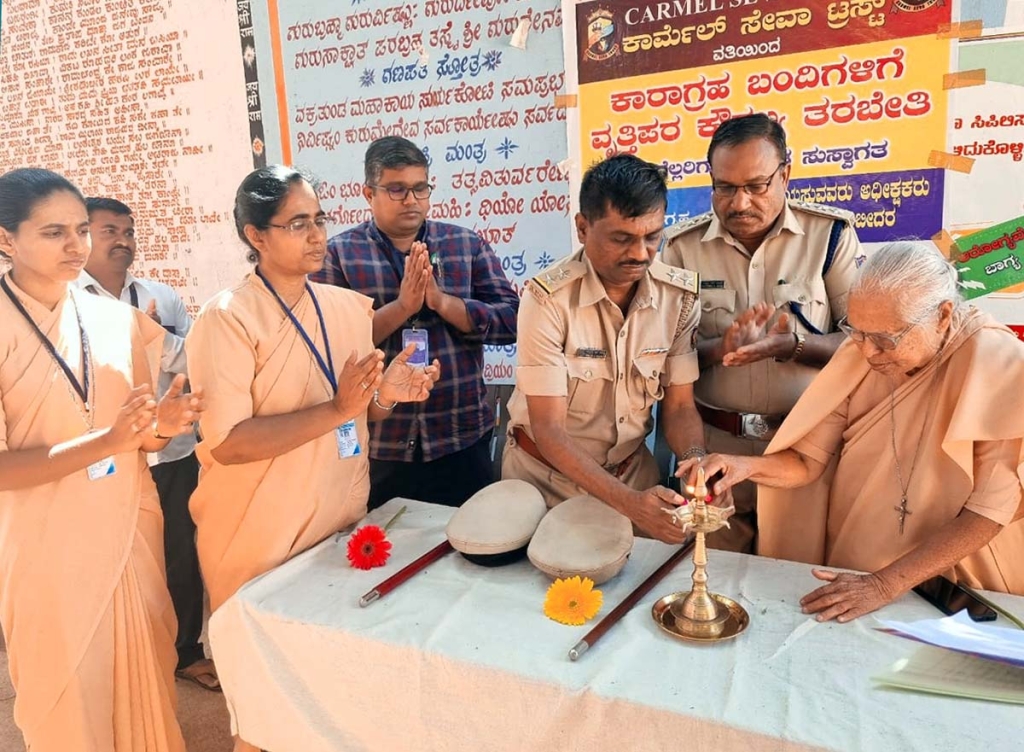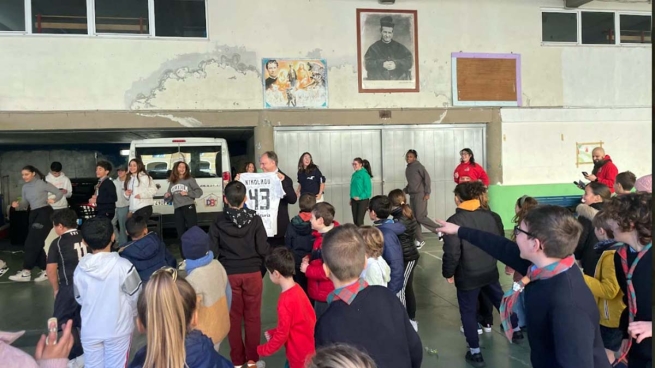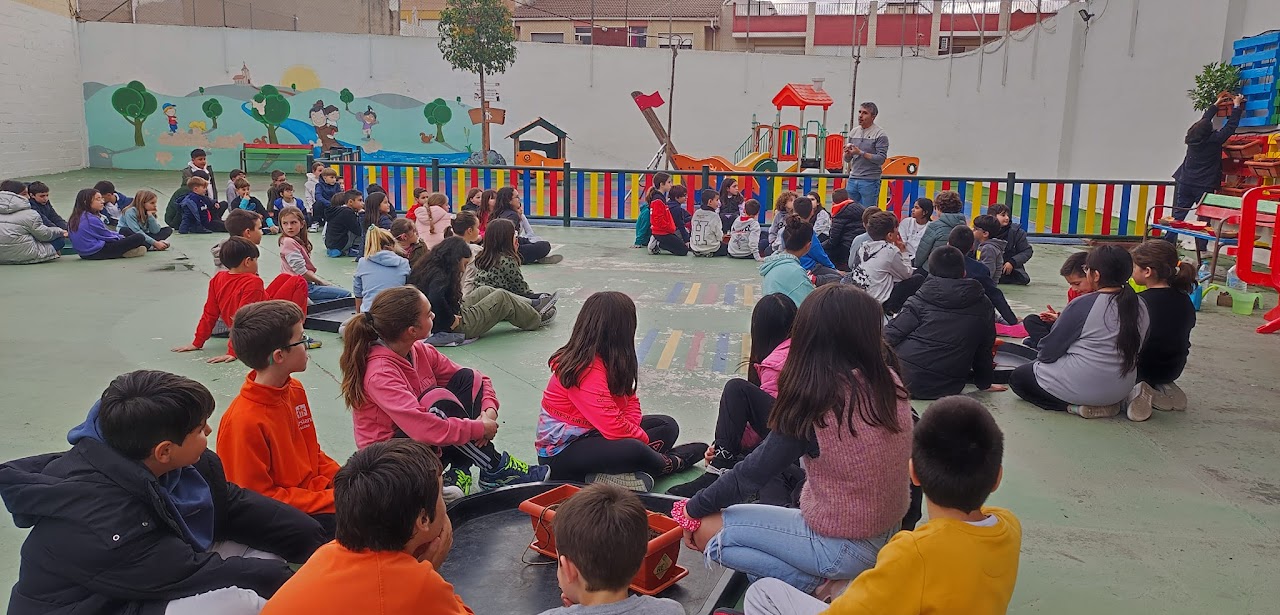GHANA: Salesian missionaries are ensuring youth with physical disabilities have access to vocational training

(MissionNewswire) Salesian missionaries in Ghana have launched a new project to ensure youth with physical disabilities who are facing situations of social disadvantage have access to vocational education. The four-year project is sponsored by the Federal Ministry for Economic Cooperation and Development, Africa Action/Deutschland and Engagement Global.
The goal is to create better and more suitable infrastructure, training, school management and educational engagement in communities in order to provide equal access for youth with disabilities in Northern Ghana. To date, infrastructure improvements for four schools have been completed and one school is in the process. In addition, training programs have been held for school managers and teachers on children with disabilities and inclusive education. Awareness campaigns and an international meeting on inclusive education has also been launched.
There are six schools that are engaged in the project including St. Basilide’s Technical/Vocational Institute, St. Mary’s Vocational Training Institute, Sawla Girls Vocational Training Institute, St. John’s Integrated School, St. Bernedette’s Technical Institute and Sandema Senior High/Technical Institute. All of these schools are located in communities within Northern Ghana.
“All youth deserve a chance to succeed in life and be a valued member of their community,” says Father Mark Hyde, director of Salesian Missions, the U.S. development arm of the Salesians of Don Bosco. “Many children with disabilities have little to no access to education. Youth impacted by the project have a real opportunity to gain a basic education and advance in their studies. They can safely connect with their peers and learn the social skills needed for long-term success.”
UNICEF notes in its State of the World’s Children 2013: Children with Disabilities report that studies across countries show a strong link between poverty and disability which in turn is linked to gender, health and employment issues. The report further suggests that inclusion in mainstream schools and educational settings is usually most appropriate for children with disabilities and when teachers and personnel are trained to consider disability-related issues, they look upon inclusion of children with disabilities more positively.
While Ghana’s economy continues to improve, nearly 45 percent of the population lives on less than $1 a day, according to UNICEF. Ghana ranks 139 out of 188 countries on the United Nations Development Program’s 2015 Human Development Index. Rural poverty remains widespread in the dry savannah region that covers roughly two thirds of Ghana’s northern territory. Small-scale farms suffer from a lack of infrastructure and equipment, both of which are needed to shift from subsistence farming to more modern commercial farming which would yield greater incomes and a chance to escape poverty.
###
Sources:
Don Bosco Youth Network West Africa Annual Report 2018
UNICEF – Ghana
UNICEF – State of the World’s Children 2013: Children with Disabilities




